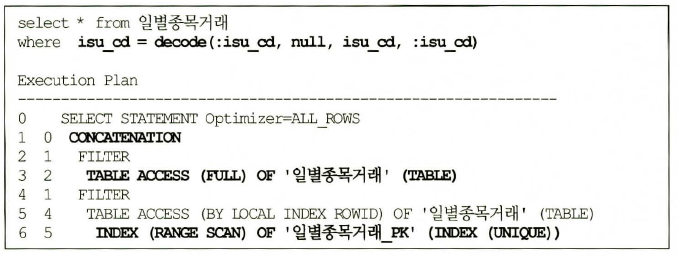Avoiding global variables means you can use the function in a pipe. Here is an example:
#!/bin/bash
makeJunk()
{
echo 'this is junk'
echo '#more junk and "b@d" characters!'
echo '!#$^%^&(*)_^&% ^$#@:"<>?/.,\\"'"'"
}
processJunk()
{
local -a arr=()
# read each input and add it to arr
while read -r line
do
arr[${#arr[@]}]='"'"$line"'" is junk';
done;
# output the array as a string in the "declare" representation
declare -p arr | sed -e 's/^declare -a [^=]*=//'
}
# processJunk returns the array in a flattened string ready for "declare"
# Note that because of the pipe processJunk cannot return anything using
# a global variable
returned_string=`makeJunk | processJunk`
# convert the returned string to an array named returned_array
# declare correctly manages spaces and bad characters
eval "declare -a returned_array=${returned_string}"
for junk in "${returned_array[@]}"
do
echo "$junk"
doneOutput is:
"this is junk" is junk
"#more junk and "b@d" characters!" is junk
"!#$^%^&(*)_^&% ^$#@:"<>?/.,\\"'" is junk'시스템 > shell script' 카테고리의 다른 글
| 여러개의 공백을 한개의 공백을 줄이는 법 (0) | 2018.07.20 |
|---|---|
| 다중프로세스 실행시 cpu 활용도를 높히기 위한 팁(tip) (0) | 2018.04.29 |
| [shell script] 배열(Array) 사용하기 (0) | 2018.04.27 |






